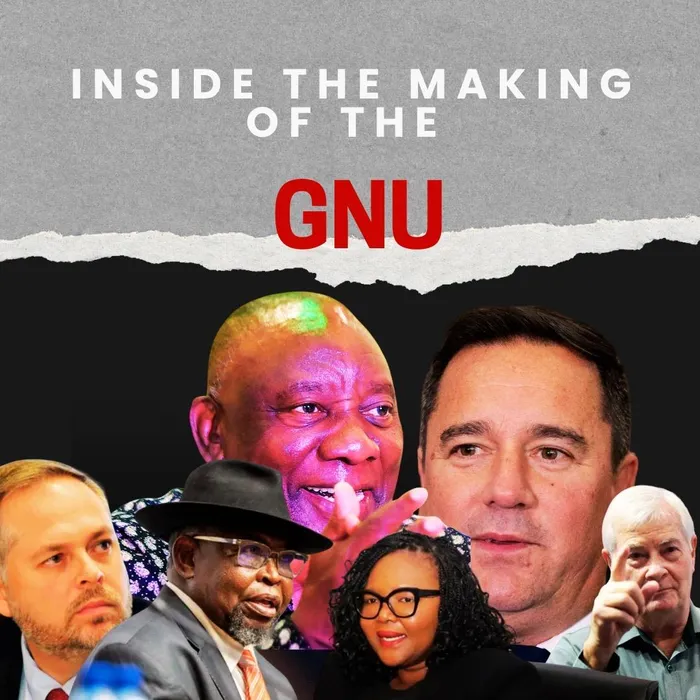
According to Ipsos' latest "What Worries the World" study, there is a return to pre-election pessimism levels, despite an initial surge in optimism following the formation of the Government of National Unity (GNU) in mid-2024.
Image: IOL Graphic
SOUTH AFRICANS remain deeply pessimistic about their country's direction, with 80% saying the nation is on the wrong track.
According to Ipsos' latest "What Worries the World" study, this represents a return to pre-election pessimism levels, despite an initial surge in optimism following the formation of the Government of National Unity (GNU) in mid-2024.
The monthly tracking data provides a compelling narrative of online South African sentiment over the past 20 months, reflecting major political developments.
The study shows how public mood fluctuated from the uncertainty preceding the May 2024 national elections, through the challenging GNU negotiations in June, to a notable improvement in July-September 2024 when optimism peaked at 40%.
"The ‘What Worries the World’ study offers a snapshot of world opinion on pressing global issues. The cornerstone of this study is a question on whether a particular country is going in the right or the wrong direction. The findings of this measurement show that it reacts to the reality on the ground in the country and tells the story of South Africa's political journey over the past two years," said Robyn Williams, Service Line Manager at Ipsos South Africa.
"We can clearly see how major political events, from election uncertainty to GNU formation and subsequent challenges, directly impact public confidence about the country's trajectory," said Williams.
The tracking data shows a clear pattern: initial GNU optimism in July-September 2024 (when 36-40% were positive about the country's direction) gradually declined through various political challenges, including budget disagreements between GNU partners that culminated in the narrow parliamentary budget acceptance vote in April 2025.
Looking ahead to the planned local government elections (expected to take place between November 2026 - January 20272), the study reveals significant public support for inter-party cooperation at municipal level.
More than half of voting-age South Africans (54%) believe different political parties should work together at local government/municipality level, with only 24% opposing this approach. This sentiment extends across party lines, with supporters from both GNU and opposition parties showing backing.
"What's particularly striking is how this appetite for cooperation cuts across party lines," notes Williams. "Even supporters of opposition parties like the EFF (49%) and MKP (45%), who are highly critical of the GNU at national level, still see value in collaborative governance where it directly impacts their daily lives."
Reacting to the Ipsos findings, Political analyst Professor Ntsikelelo Breakfast said South Africans were tired and wanted to see change for the better. However, he was wary that studies like those of Ipsos were sometimes biased.
“What these results mean is that people want material things to change for the better…This arrangement has not done a total overhaul on everyday life for the people…the inequality has not changed, poverty is still there, unemployment has skyrocketed etc.
“People want to see the synergy between administration and material conditions,” he said
Cape Times